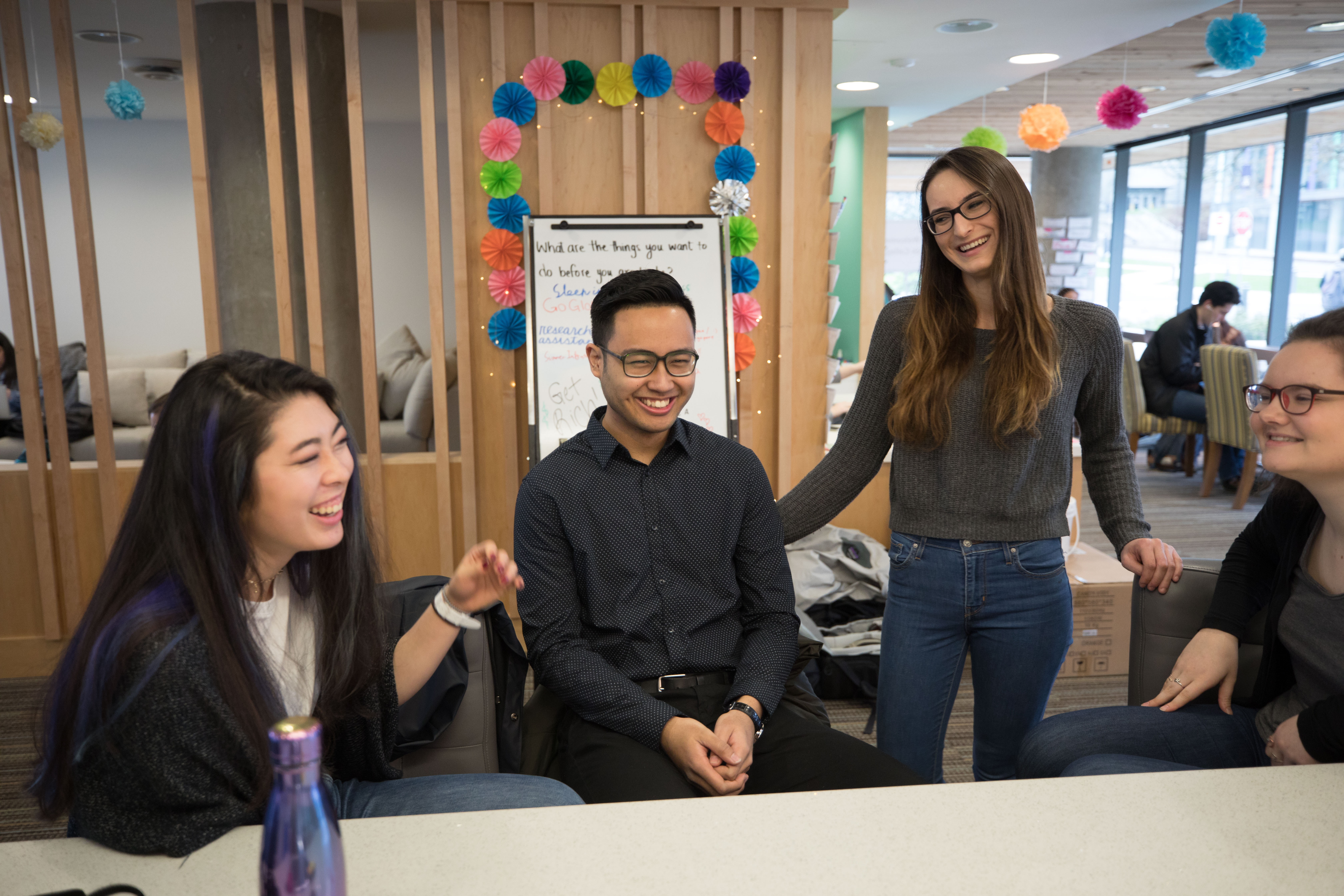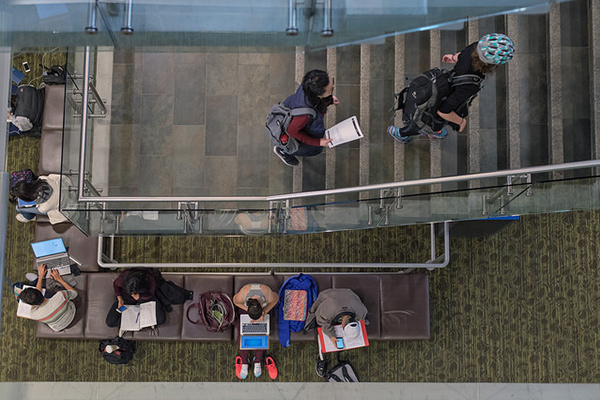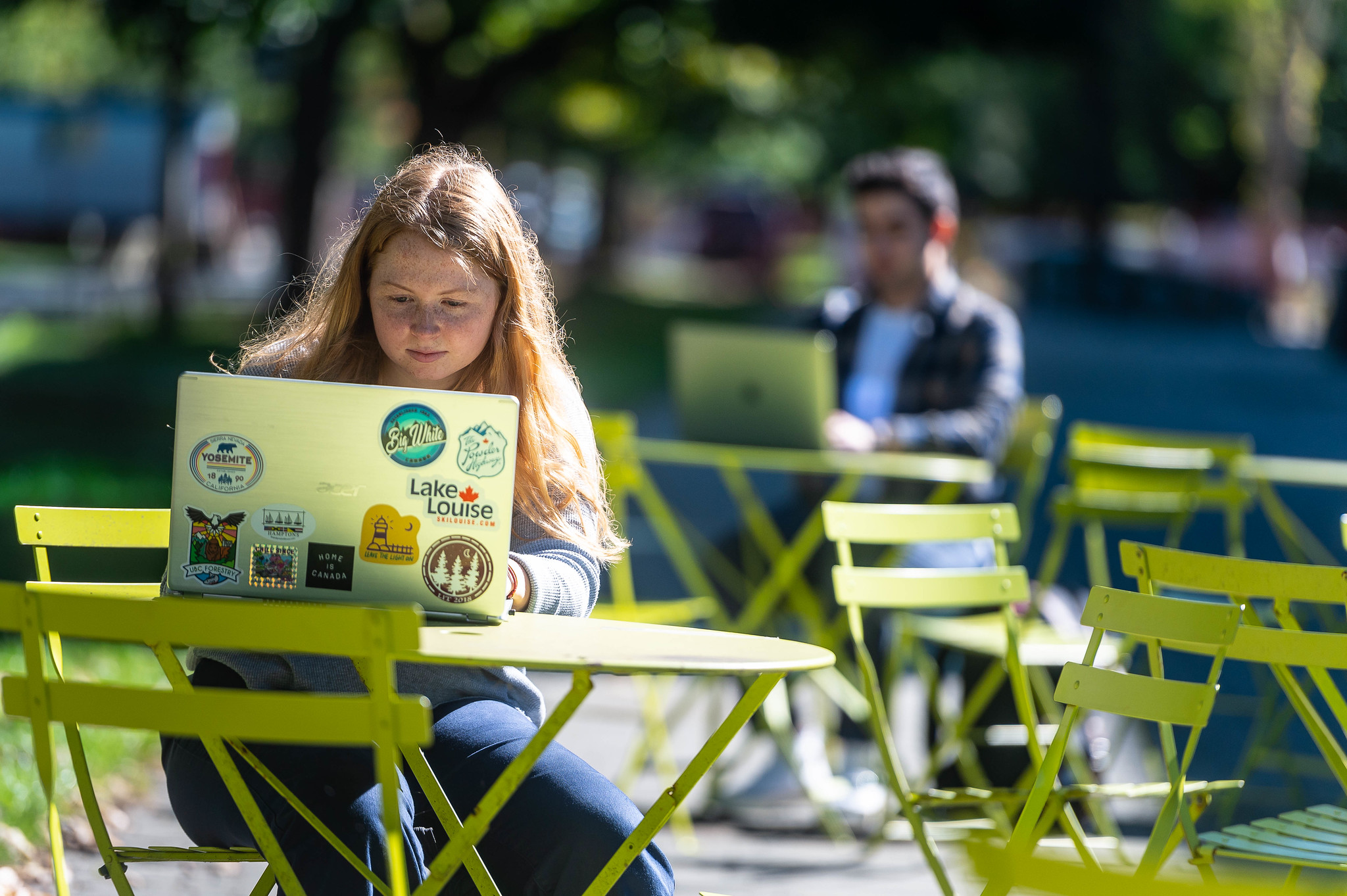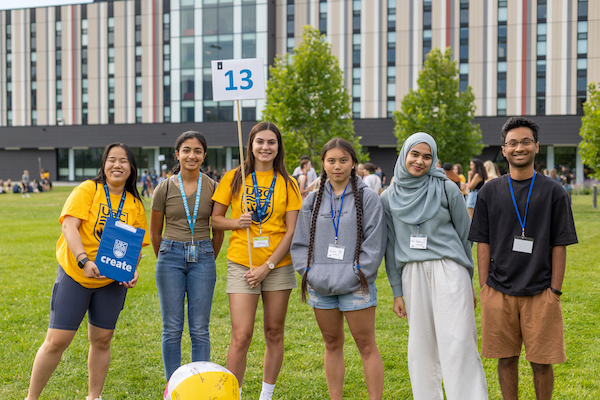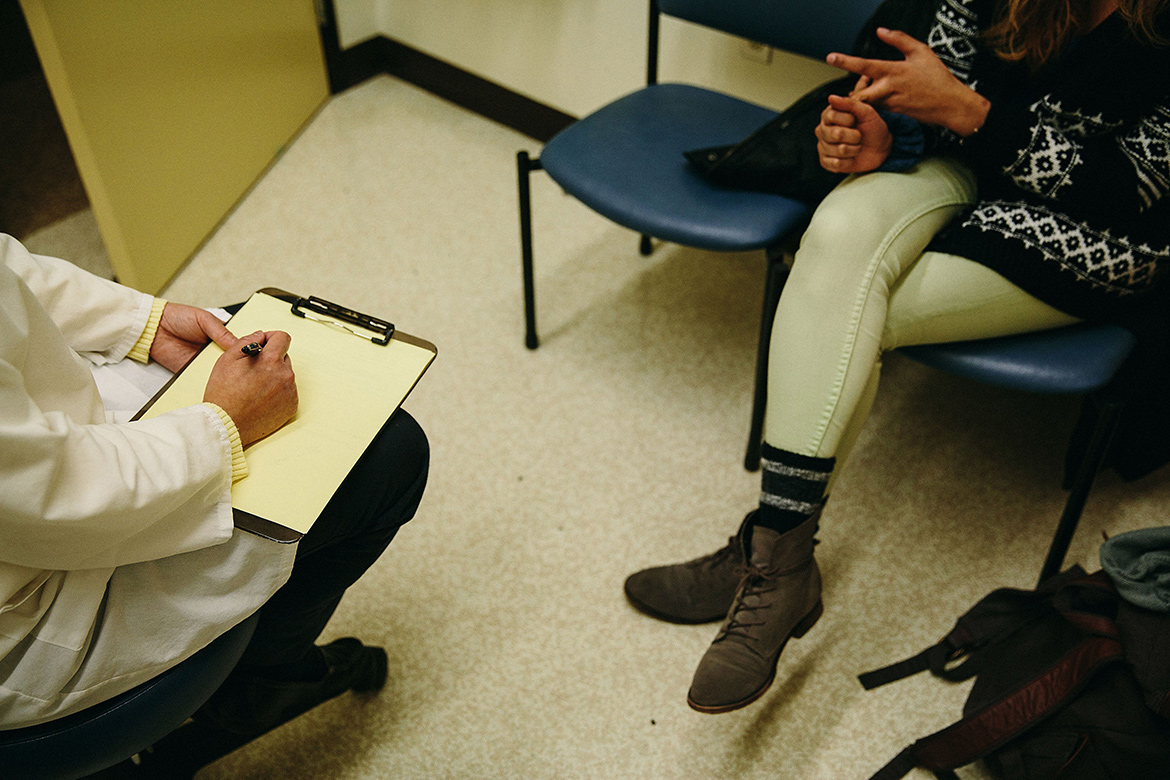
Medical insurance and health coverage are important topics for all new students – whether you’re coming from another province or territory, or from across the globe. As a UBC student, you must have both basic and extended health insurance coverage. Here’s a quick look at what steps you need to take.
How do I get basic health insurance?
BC students
If you’re a resident of BC and currently covered by MSP, no action is required on your part.
Out-of-province students
If you’re a Canadian student with a health plan in another province or territory, you do not need to switch to BC MSP. You’ll be covered by the health plan in your home province or territory as long as you remain a student. If you choose to switch to MSP, you’ll need to apply.
Canadian students coming from abroad
If you’re a Canadian citizen or permanent resident of Canada coming to Canada after living abroad, you may already have health coverage in BC or another Canadian province or territory. If you don’t, you’ll need to apply for MSP and make arrangements to join the Global Campus Health Plan or another private temporary insurance plan for the first three-month period before your MSP coverage takes effect.
International students
Canada has a public healthcare system. Everyone living in BC for longer than six months is required to join MSP, a basic health insurance policy for the province’s residents. If you’re an international student, you’ll need to apply for MSP as soon as you arrive in BC.
During the first three-month period before your MSP coverage takes effect, you’ll automatically be enrolled in a temporary health insurance plan called iMED after you register for courses if you are a new UBC student. Your iMED coverage will begin on August 1 and will be valid until October 31. If you are a one-term exchange student or Visiting International Research Student, you have different coverage dates. If you are an international student who previously studied at UBC, you will not be covered under iMED and should make arrangements to join the Global Campus Health Plan or another private temporary insurance plan for the three-month MSP wait period.
A couple of tips:
- If you arrive in BC before August 1, purchase advance iMED coverage.
- If you arrive after August 31, submit a date change form so that your iMED dates match your MSP waiting period.
- If you already have MSP, or you will be covered by another provincial health plan for the waiting period, or you already have required health insurance through a third party organization who is funding your studies, be sure to opt-out of iMED by the deadline.
Visit the health insurance for international students page to learn more about the differences between iMED, MSP and the AMS/GSS Health and Dental plan (Vancouver campus) or SUO Health and Dental Plan (Okanagan Campus). If you have questions about healthcare or coverage in Canada, please contact an International Student Advisor on the Okanagan or Vancouver campus.
How do I get extended health insurance?
Extended health and dental plans are designed to take care of some expenses not covered by basic health insurance plans. As a UBC student, you will be automatically enrolled in the extended health and dental plan offered by the UBC Students’ Union Okanagan (UBCSUO) on the Okanagan campus or the Alma Mater Society/Graduate Student Society (AMS/GSS) on the Vancouver campus when you register for courses. Certain exceptions may apply, so make sure you check your Student Service Centre (SSC) account to confirm that you’ve been enrolled and charged the appropriate fee.
For details on your coverage, or how to opt out if you already have equivalent coverage, please visit the Studentcare website.
What if I have a pre-existing medical condition?
If you’re being treated for a medical condition, consult your healthcare professional to make sure you’re well enough to take on the challenge of university. If you’re well enough to attend UBC, you’ll need to plan for treatment during your studies.
Find out if the treatment you need is available at UBC or nearby, how much it costs, and whether it will be covered under your basic and/or extended health insurance. The Student Health Clinic on the Okanagan campus and Student Health Service on the Vancouver campus offer on-campus medical clinics. If you are an international student you can also connect with International Student Advising on the Okanagan or Vancouver campus for guidance.
What if I have a documented disability?
If you have a documented disability and require disability-related accommodation or academic support, please make an appointment to discuss your eligibility with the Disability Resource Centre on the Okanagan campus or Centre for Accessibility on the Vancouver campus.
